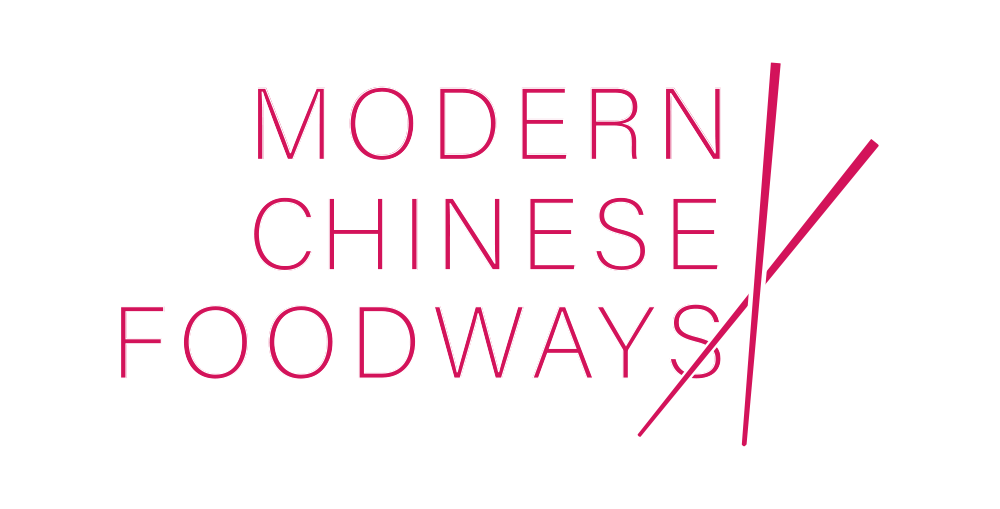ABSTRACT
The educated middle-classes around the world have become cultural and culinary omnivores, consuming an increasingly wider variety of foreign foods out of curiosity and a search for self-identity, but also as a way of expressing a social distinction with less cosmopolitan and knowledgeable consumers (Park 2017, Warde et al 1999, Yalvaç and Hazır 2020). Chinese urbanites are no exception to this trend. Based on fieldwork in Shanghai and Tianjin, we treat Japanese cuisine – arguably both the most popular and high-status foreign cuisine in China – as a lens for examining the practices of cross-cultural eating in China including the creation of cosmopolitan urban foodscapes in Shanghai and Tianjin and how they serve the social identity or lifestyle formation of young urban Chinese.
